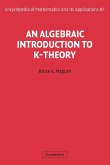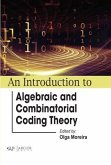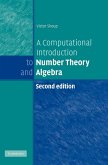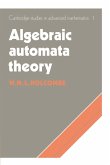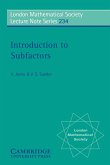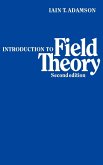This is an introduction to algebraic K-theory with no prerequisite beyond a first semester of algebra (including Galois theory and modules over a principal ideal domain). The presentation is almost entirely self-contained, and is divided into short sections with exercises to reinforce the ideas and suggest further lines of inquiry. No experience with analysis, geometry, number theory or topology is assumed. Within the context of linear algebra, K-theory organizes and clarifies the relations among ideal class groups, group representations, quadratic forms, dimensions of a ring, determinants, quadratic reciprocity and Brauer groups of fields. By including introductions to standard algebra topics (tensor products, localization, Jacobson radical, chain conditions, Dedekind domains, semisimple rings, exterior algebras), the author makes algebraic K-theory accessible to first year graduate students and other mathematically sophisticated readers. Even if your algebra is rusty, you can read this book; the necessary background is here, with proofs.
Table of contents:
1. Groups of modules: Ko; 2. Sources of Ko; 3. Groups of matrices: K1; 4. Relations among matrices: K2; 5. Sources of K2.
This is an introduction to algebraic K-theory with no prerequisite beyond a first semester of algebra (including Galois theory and modules over a principal ideal domain). The presentation is almost entirely self-contained, and is divided into short sections with exercises to reinforce the ideas and suggest further lines of inquiry.
An introduction to algebraic K-theory with no prerequisite beyond a first semester of algebra.
Hinweis: Dieser Artikel kann nur an eine deutsche Lieferadresse ausgeliefert werden.
Table of contents:
1. Groups of modules: Ko; 2. Sources of Ko; 3. Groups of matrices: K1; 4. Relations among matrices: K2; 5. Sources of K2.
This is an introduction to algebraic K-theory with no prerequisite beyond a first semester of algebra (including Galois theory and modules over a principal ideal domain). The presentation is almost entirely self-contained, and is divided into short sections with exercises to reinforce the ideas and suggest further lines of inquiry.
An introduction to algebraic K-theory with no prerequisite beyond a first semester of algebra.
Hinweis: Dieser Artikel kann nur an eine deutsche Lieferadresse ausgeliefert werden.


